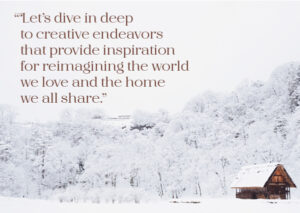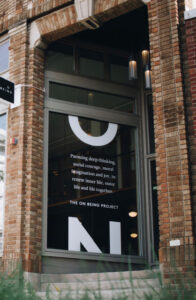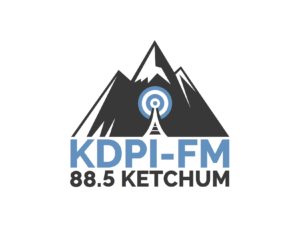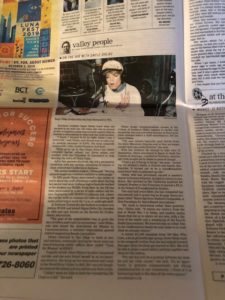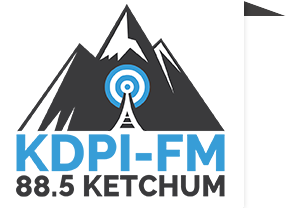Community Radio
Community Radio
March 5, 2021
|
|
|
#CommunityRadio
Moral responsibility.
October 10, 2020
|
|
|
Community Radio
October 3, 2019Community Broadcaster: Community Radio Needs You
You can feel that crispness in the air. However, it is not just autumn. This time of year also brings the start of on-air fundraising season for community and noncommercial radio.
If you are a donor to or listener of your local community radio station, there is a good chance you are already aware of your area outlet’s endeavors. Check social media and you are likely to see an appeal to contribute today. When you tune in, you may hear a brief spot seeking phone volunteers or assistance with the pledge drive. Or maybe you even got a letter in the mail, reminding you of all the wonderful programming you enjoy and why your donation matters so much.
If you are not a regular community media consumer, you’ve probably heard of pledge drives at least. From parodiesto tote bag references, noncommercial radio and television fundraising is just part of the media fabric. Even while there may be a disconnect as to why it is done, you just won’t find many people who have never heard of pledge drive, even if they have not given during one.
This season, the-Why-You-Should-Give is very important.
With all the conversation around news deserts, community radio nationwide fulfills a valuable role in the civic life of cities and towns everywhere. Music, arts, news, ideas and culture all find a place on community media in service to the greater mission of education. Your local station can only do this with your financial contributions.
Every state in the next 18 months will see major races for local, state and federal office as well as a list of referenda that may reshape communities for years to come. Community radio is there, providing coverage of, and sometimes hosting, candidate debates. Stations team up with city leaders for voter education and registration. These outlets cover the issues that matter to voters. Yet the coverage struggles to happen without listener support.
And lastly, community media creates opportunity in the local economy. Whether it may be through sharing a local music scene, collaborating with local businesses or making a city a better, more interesting place to live, stations create jobs, spur industry and enhance the quality of life everywhere. Think about it. When you think of Seattle, you probably are reminded of its iconic radio stations. When a fledging music scene is taking off, community radio may be the first place local bands and live event dates get heard. And surely no discerning music fan would ever deny that taste-making radio raises a town’s hip factor. Tis word of mouth means visitors, good word-of-mouth, and ultimately dollars locally.
Every community radio station needs financial support. A recent National Federation of Community Broadcasters survey indicates many community radio stations work with thin margins. This includes many having a small staff and few reserves. Given how far these mighty stations stretch dollars, the fact so many stations provide communities such unique programming and bold coverage is a minor miracle, frankly. However, the deep regard many community stations have for audience donations should hint at how much appreciate your help.
On-air fundraising is a time when listeners like you can ensure the voices you value and media you hope for in our vibrant democracy can have greater resonance. There is no better time than this lovely fall to be a first-time or repeat donor to a community radio station.
Just click on the ‘donate’ button!
Community Radio’s Town Square
September 27, 2019“I knew I wanted to be in radio when I was 6 years old,” said Dayle Ohlau, now 59 and soon to take over as general manager of KDPI, the local nonprofit community radio station based in Ketchum.
Ohlau, who had previously earned a master’s degree in human behavior, decided to return to academia. She enrolled at the California Institute for Integral Studies in San Francisco to pursue a Ph.D. in the School of Transformative Studies.
Two and half years later, she has completed her coursework and is preparing an 80-page thesis proposal titled “Homo-Spiritus: Radical Compassion, a New Paradigm for Spirit-Based Journalism.”
“My work is theoretical rather than quantitative,” Ohlau said. “It traces our history from the end of World War I to today, and studies media biases that led us to where we are now, with a distrust of the media and a weakening of the Fourth Estate [journalism]. We have become so tribal. Due to our confirmation biases we only listen to or read what we already believe.”
A recent $11,000 donation from 100 Men Who Care, a local philanthropic group, drew Ohlau back to the nonprofit station that she had helped General Manager Mike Scullion get started in 2013. She will be able to draw a small salary putting together new ideas for the station.
“For me this will be a synergy between my studies and my radio career,” she said. ‘It’s an opportunity to generate compassionate and ethical communication in our community. I think of it as harkening back to the days of the town square.”
